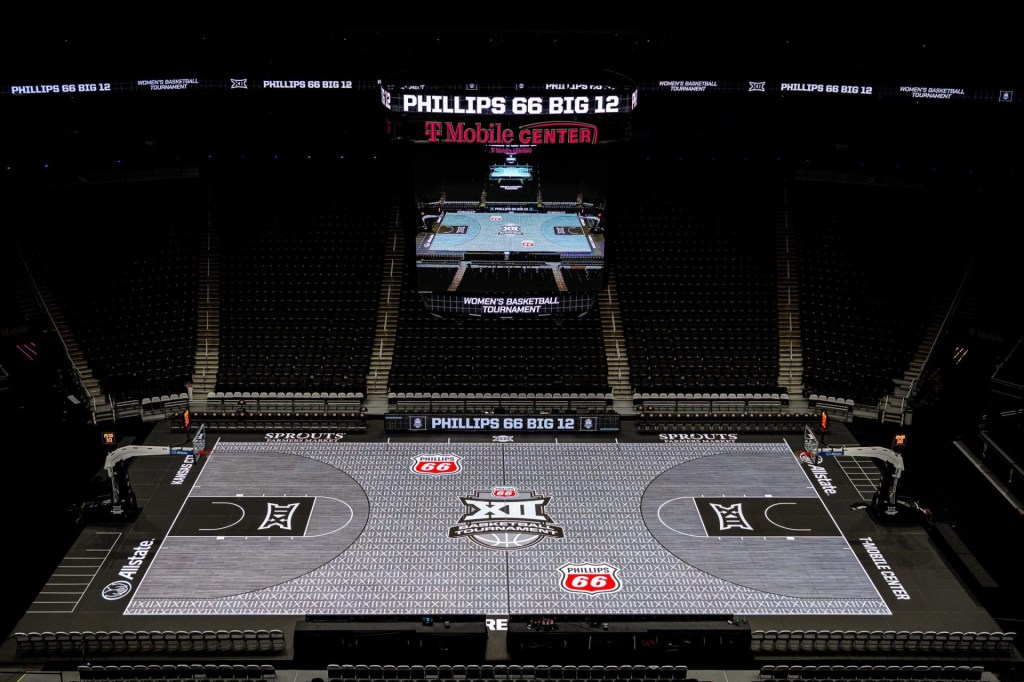On July 1, Florida is set to become the first state with an active law allowing athletes to profit off their name, image, and likeness.
Although Congress may eventually pass federal legislation governing NIL, the NCAA recently postponed voting on its own rules. This means states can pass NIL bills that, for now, will remain unchallenged by federal lawmakers or the NCAA.
But as Florida’s situation illustrates, athletes and schools could find themselves facing a logistical nightmare.
What the Florida Law Says
The Florida law is similar to many other state and federal bills, but requires a few extra restrictions.
For example, athletes can’t sign deals with any companies that would compete with their athletic departments, and they can’t enter an NIL deal with an athletic department in exchange for playing.
How the Law Plays Out
If the state law takes effect in July 2021, Florida schools could have a major recruiting advantage over programs in other states.
Antitrust lawyer Philip Bartz, whose firm works for the NCAA, explained to FOS what the recruiting landscape could look like.
“If the local pizza parlor says, ‘you get $100,000 if you come eat a pizza at our restaurant, and we can then publicize that’ … obviously that would be a big incentive for a player,” Bartz said. As an athlete, “assuming all things being equal, I’ll go to the University of Florida instead of Stanford, or wherever else.”
What’s more, athletes at Florida schools could lose NCAA eligibility if they participate in these deals, as bylaws still say athletes can’t make money off their NIL.
Potential Wrenches
The NCAA could sue to postpone Florida’s law in an attempt to avoid the recruiting and eligibility nightmare.
Meanwhile, the Supreme Court’s decision in NCAA v. Alston or federal legislation could reimagine the college athlete compensation landscape altogether.
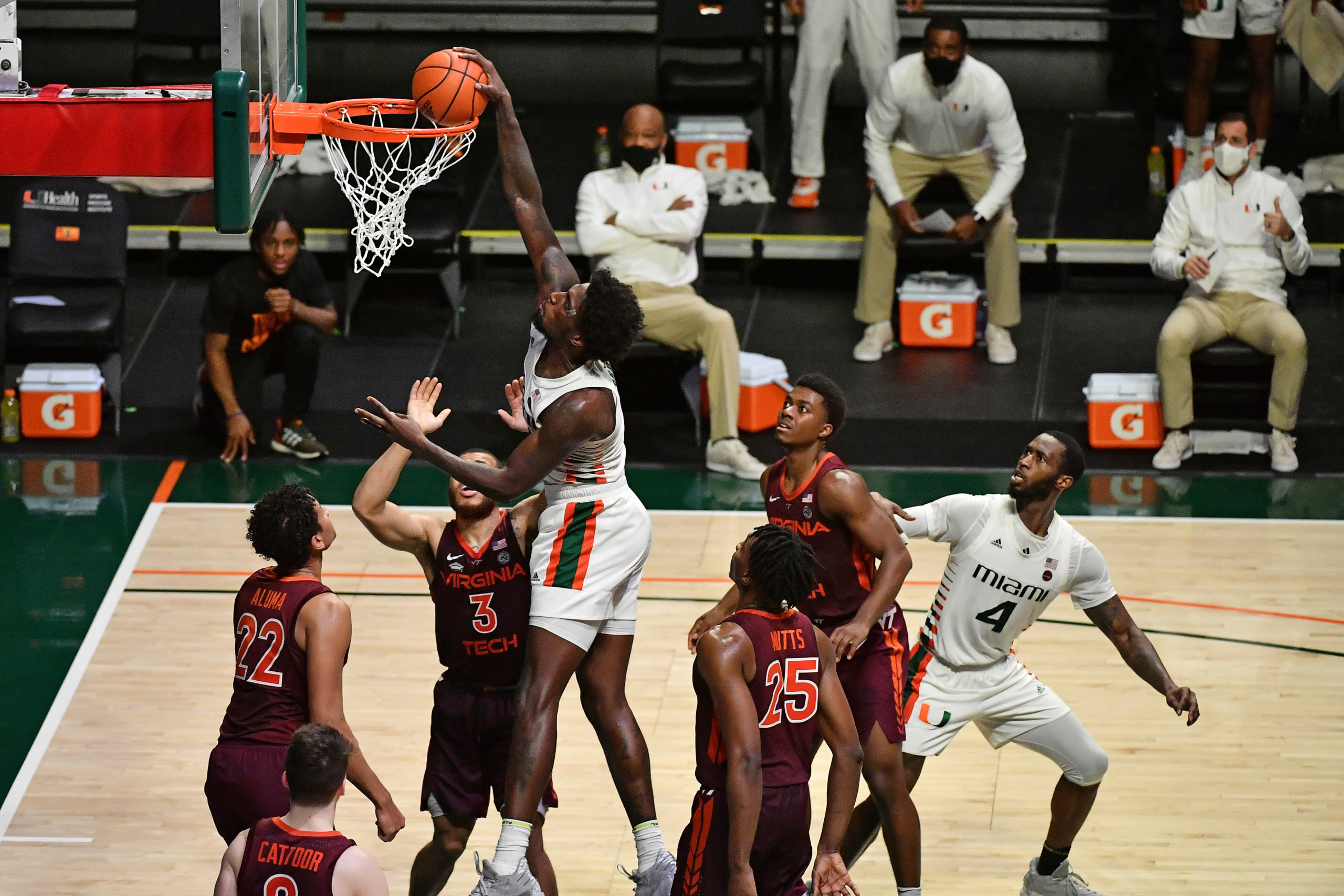
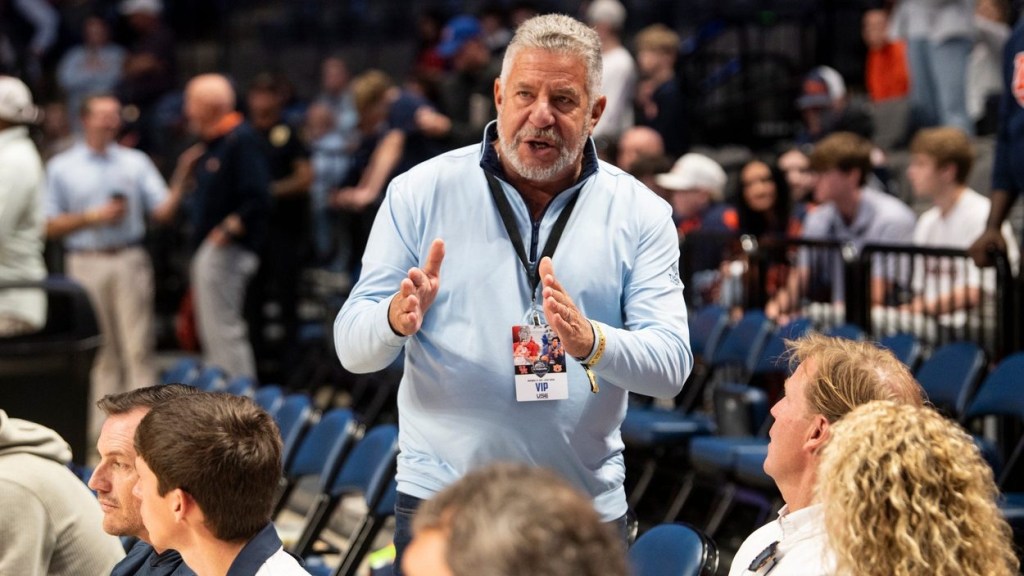
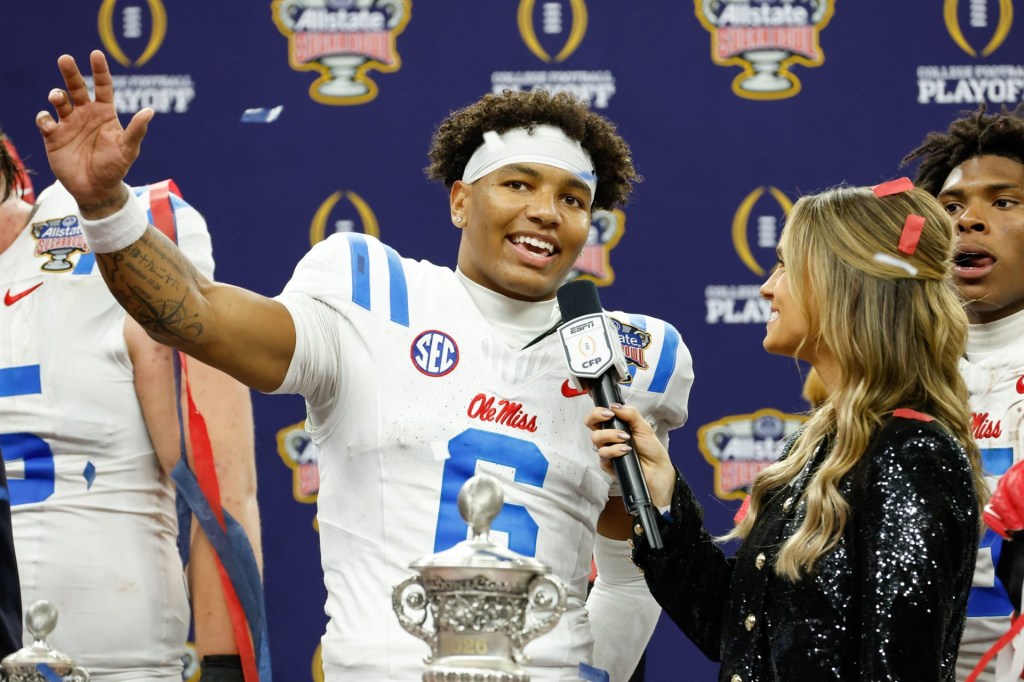
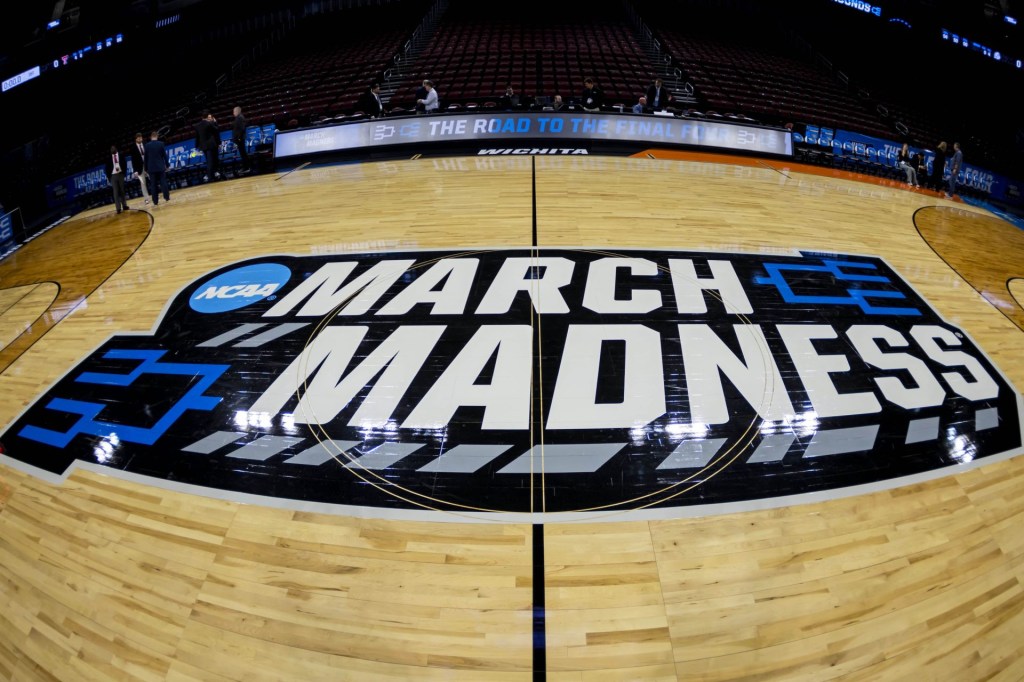

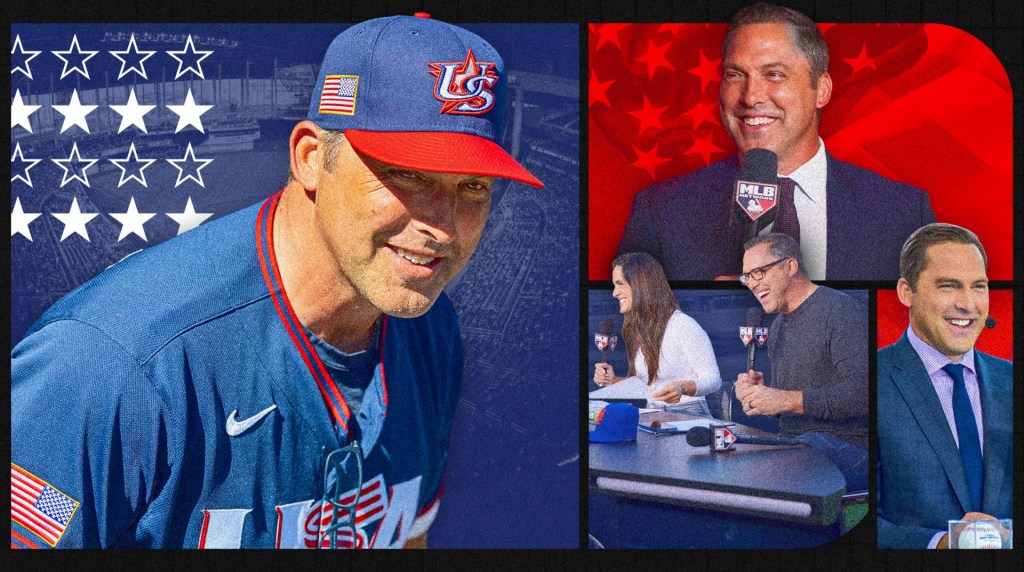


![[Subscription Customers Only] Jun 15, 2025; Seattle, Washington, USA; Botafogo owner John Textor inside the stadium before the match during a group stage match of the 2025 FIFA Club World Cup at Lumen Field.](https://frontofficesports.com/wp-content/uploads/2026/02/USATSI_26465842_168416386_lowres-scaled.jpg?quality=100&w=1024)
